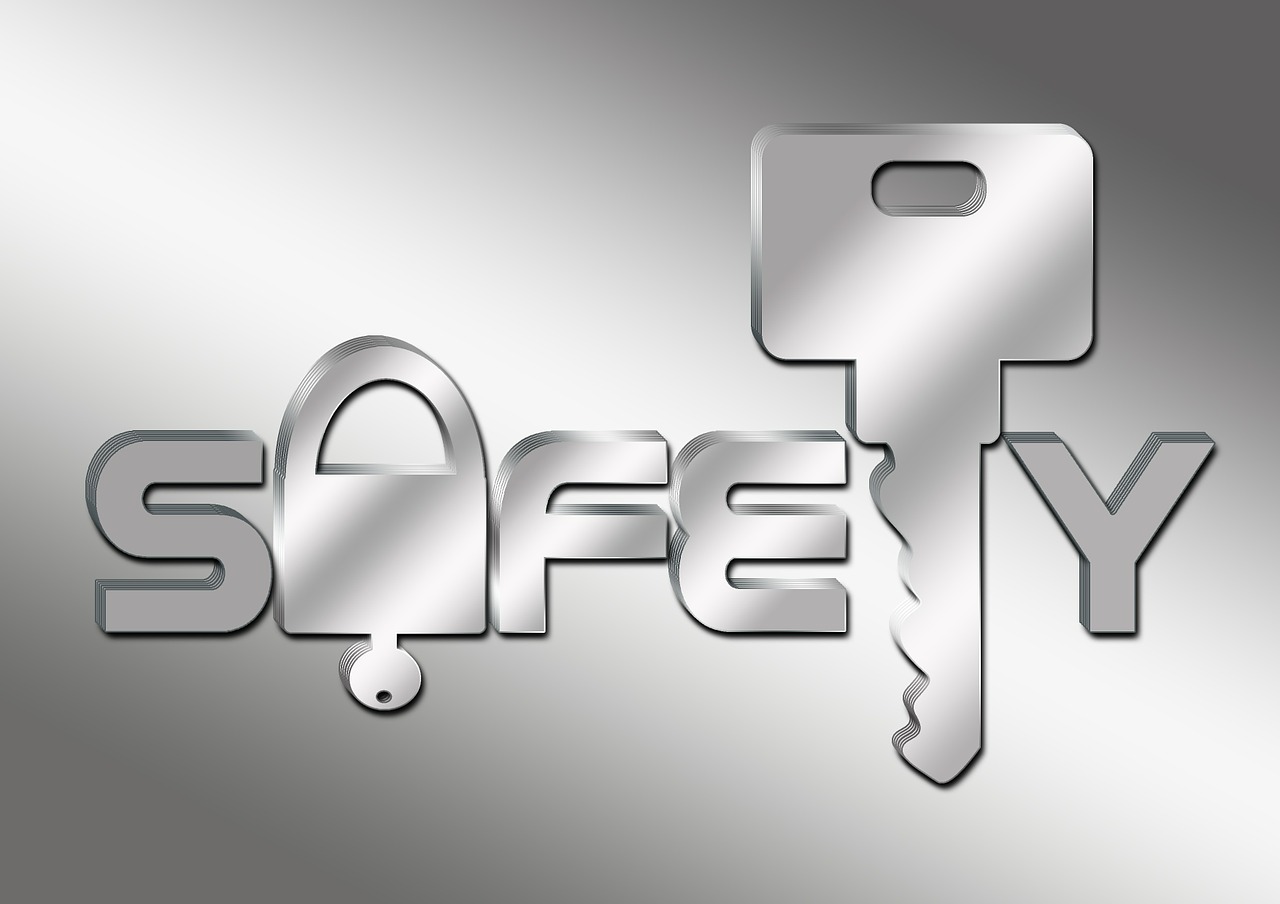How do I Know the Type of SSL Certificate – In today’s digital age, securing online data and maintaining user trust are crucial for any website owner. One of the key aspects of web security is SSL (Secure Socket Layer) certificates. These certificates ensure that the data exchanged between a user’s browser and the web server remains encrypted and protected from potential threats. However, with various types of SSL certificates available, it can be challenging for website owners to determine the right one for their specific needs. This article aims to shed light on different types of SSL certificates and guide readers on how to choose the most suitable one.
What is an SSL Certificate?
An SSL certificate is a digital certificate that establishes a secure and encrypted connection between a user’s browser and a web server. It ensures that data transmitted between the two remains confidential and cannot be intercepted by malicious actors. When a website has an SSL certificate installed, it displays a padlock icon and “https://” in the URL, indicating that the connection is secure.
How Does an SSL Certificate Work?
When a user accesses a website with an SSL certificate, their browser requests the web server’s digital certificate. The server then sends a copy of its SSL certificate, and the browser verifies the certificate’s authenticity. Once verified, the browser and server establish an encrypted connection, allowing secure data transmission.
Types of SSL Certificates
Domain Validated (DV) SSL Certificates
DV SSL certificates are the simplest and quickest to obtain. They provide basic encryption and only require the domain ownership to be verified. DV certificates are suitable for personal blogs and small websites that do not collect sensitive user information.
Organization Validated (OV) SSL Certificates
OV SSL certificates require a more rigorous verification process, as the certificate authority verifies both the domain ownership and the organization’s details. These certificates are ideal for small to medium-sized businesses and e-commerce websites.
Extended Validation (EV) SSL Certificates
EV SSL certificates offer the highest level of security and trust. They undergo a thorough validation process, including verifying the legal existence and physical location of the organization. Websites with EV certificates display the company name in the address bar, enhancing user trust.
Wildcard SSL Certificates
Wildcard SSL certificates secure a domain and its subdomains with a single certificate. This is beneficial for websites with multiple subdomains, reducing administrative overhead.
Multi-Domain SSL Certificates
Multi-Domain SSL certificates, also known as Subject Alternative Name (SAN) certificates, allow securing multiple domains and subdomains under one certificate. They are suitable for businesses managing different websites.
Single Domain SSL Certificates
Single Domain SSL certificates secure a single domain and are the most basic type of SSL certificates.
Factors to Consider Before Choosing an SSL Certificate
Level of Security
The level of security needed depends on the nature of the website and the sensitivity of the data being transmitted. E-commerce and financial websites require higher security levels.
Number of Domains
Consider the number of domains and subdomains that need to be secured under one certificate.
Verification Process
Different types of SSL certificates require varying levels of verification. Choose one that aligns with your organization’s needs.
Warranty and Support
Check the warranty and support offered by the SSL certificate provider in case of security breaches or issues.
Price and Budget
SSL certificates come at different price points. Evaluate your budget and choose the best option that meets your requirements.
How to Check the Type of SSL Certificate on a Website
View SSL Certificate Details on Web Browsers
Most web browsers allow users to view SSL certificate details by clicking on the padlock icon in the address bar.
Online SSL Checker Tools
Various online tools are available to check the SSL certificate type and other details of a website.
Contact the Website Owner
If in doubt, reach out to the website owner or administrator to inquire about their SSL certificate.
Benefits of Different SSL Certificates
Domain Validated (DV) SSL Certificates
DV certificates are easy to obtain and provide basic encryption for websites not handling sensitive data.
Organization Validated (OV) SSL Certificates
OV certificates offer a higher level of trust as the organization’s details are verified.
Extended Validation (EV) SSL Certificates
EV certificates provide the highest level of trust with the company name displayed in the address bar.
Wildcard SSL Certificates
Wildcard SSL certificates save time and effort when securing multiple subdomains.
Multi-Domain SSL Certificates
Multi-Domain SSL certificates are cost-effective and efficient for managing multiple websites.
Common SSL Certificate Errors and Troubleshooting Tips
Expired SSL Certificate
Renew the SSL certificate before it expires to avoid security warnings.
Mismatched SSL Certificate
Ensure that the domain name matches the SSL certificate to prevent errors.
Mixed Content Issues
Fix mixed content issues by ensuring that all website elements are served securely over HTTPS.
Choosing the Right SSL Certificate for Your Website
Identify Your Security Needs
Evaluate the sensitivity of the data being handled on your website to determine the required security level.
Evaluate Your Website’s Scale and Complexity
Consider the number of domains, subdomains, and the type of website you have to select the appropriate SSL certificate.
Consider Your Budget
Choose an SSL certificate that fits within your budget while meeting your security requirements.
Conclusion
Securing your website with the right SSL certificate is vital for building trust with your users and protecting their data. By understanding the different types of SSL certificates available and considering your website’s specific needs, you can make an informed decision. Remember to verify the SSL certificate type on any website you visit to ensure a secure browsing experience.
FAQs
- How do I know if a website has an SSL certificate?
- You can check for the padlock icon and “https://” in the website’s URL, indicating an SSL-secured connection.
- Which SSL certificate is best for my small business website?
- For a small business website, an Organization Validated (OV) SSL certificate is a good balance of security and trust.
- Can I use the same SSL certificate for multiple websites?
- Yes, you can use a Multi-Domain SSL certificate (SAN certificate) to secure multiple websites.
- What happens if my SSL certificate expires?
- If your SSL certificate expires, your website will show security warnings, and users may be hesitant to access it. Always renew your certificate before it expires.
- Is an EV SSL certificate worth the investment?
- An Extended Validation (EV) SSL certificate is worth the investment for businesses that prioritize user trust and want to display their company name in the address bar. It provides the highest level of security and assurance to users.




